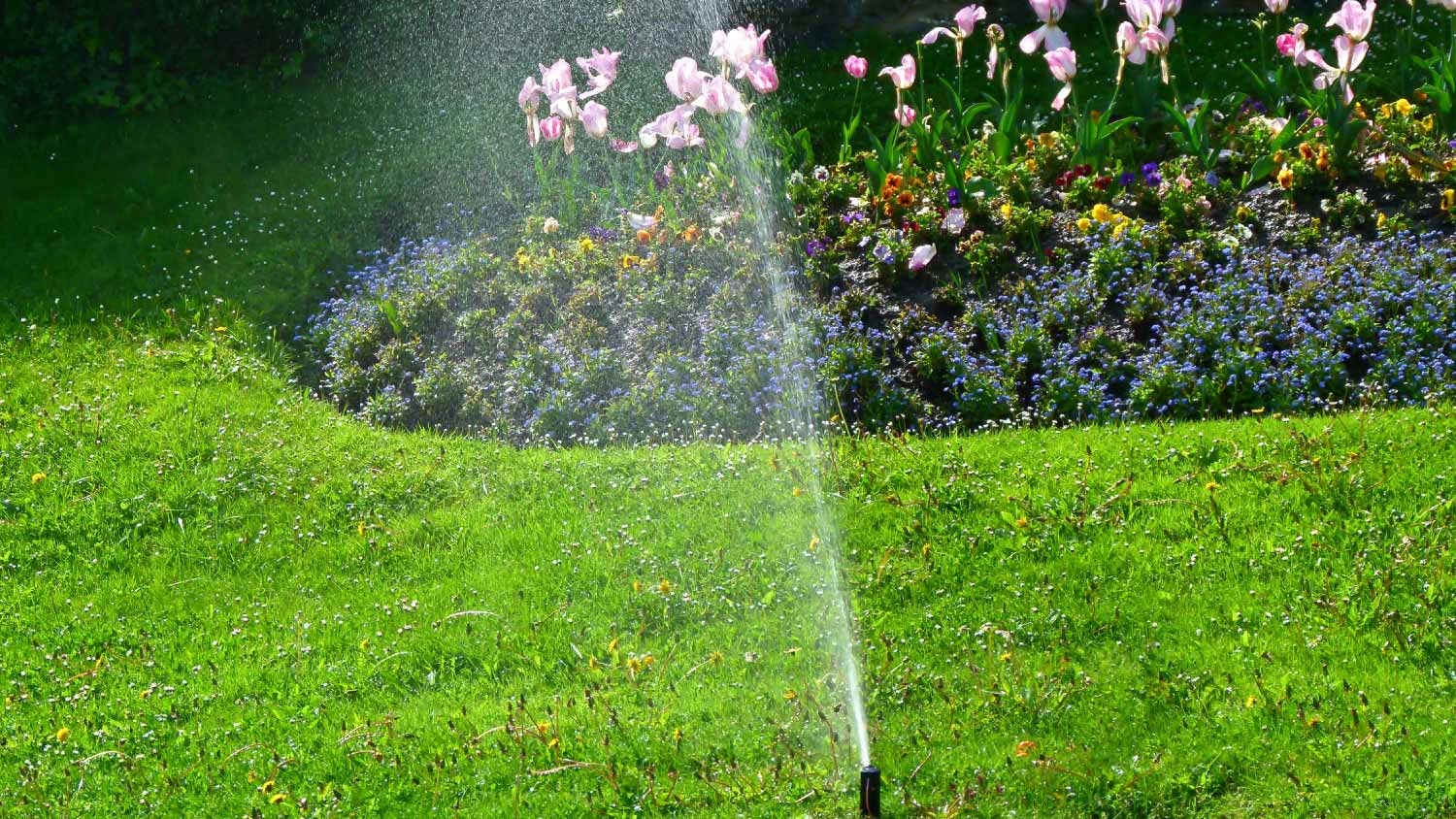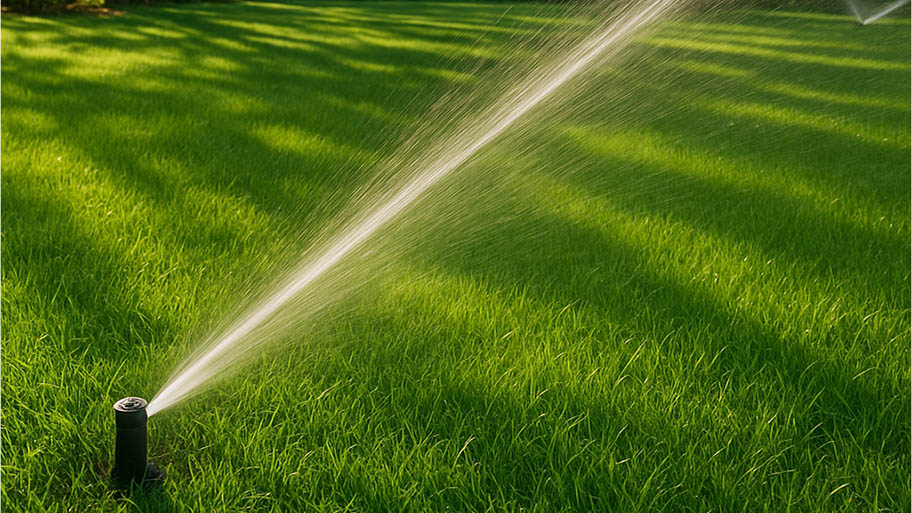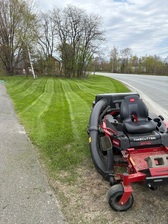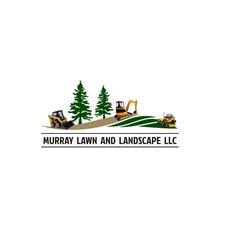
Get matched with top lawn irrigation specialists in Plymouth, ME
Enter your zip and get matched with up to 5 pros
Need a pro for your lawn irrigation project in Plymouth, ME?
Verified Reviews for Lawn Irrigation pros in Plymouth, ME
*The Angi rating for Lawn Irrigation companies in Plymouth, ME is a rating based on verified reviews from our community of homeowners who have used these pros to meet their Lawn Irrigation needs.
*The HomeAdvisor rating for Lawn Irrigation companies in Plymouth, ME is a rating based on verified reviews from our community of homeowners who have used these pros to meet their Lawn Irrigation needs.
Last update on November 30, 2025
Find Lawn irrigation specialists in Plymouth
Fleming Construction, Inc
Fleming Construction, Inc
Fleming Construction, Inc has been in business for 33 years, giving the highest quality service in the Eastern Maine area. Safety is our #1 priority, and we are fully insured. We are a small, family owned and operated business. DEP certified and State certified for septic systems and environmental protection. Free estimates. We also sub-contract with reputable companies in the area.
Fleming Construction, Inc has been in business for 33 years, giving the highest quality service in the Eastern Maine area. Safety is our #1 priority, and we are fully insured. We are a small, family owned and operated business. DEP certified and State certified for septic systems and environmental protection. Free estimates. We also sub-contract with reputable companies in the area.
DePaola Landscaping Services
DePaola Landscaping Services
DePaola landscaping is a small company with plenty of knowledge and experience in what we do. Billing and payment can be discussed and negotiated before any work takes place.
DePaola landscaping is a small company with plenty of knowledge and experience in what we do. Billing and payment can be discussed and negotiated before any work takes place.
Pine State Property Services
Pine State Property Services
Free estimates. We also offer discounts for seniors, veterans and active military members.
Free estimates. We also offer discounts for seniors, veterans and active military members.
Lockharts Lawncare and Critter Removal
Lockharts Lawncare and Critter Removal
Lockharts lawncare and critter removal is by far maines most affordable and dependable landscaping and nuissance animal removal company.
Lockharts lawncare and critter removal is by far maines most affordable and dependable landscaping and nuissance animal removal company.
THE HORTICULTURAL INTUITIVE
THE HORTICULTURAL INTUITIVE
THE HORTICULTURAL INTUITIVE IS A FAMILY OWNED LANDSCAPING COMPANY LOCATED IN COASTAL MAINE.
THE HORTICULTURAL INTUITIVE IS A FAMILY OWNED LANDSCAPING COMPANY LOCATED IN COASTAL MAINE.
FARLEY & SON LANDSCAPING, INC.
FARLEY & SON LANDSCAPING, INC.
FAMILY OWNED & OPERATED. ADDITIONAL EMAIL: [email protected].
FAMILY OWNED & OPERATED. ADDITIONAL EMAIL: [email protected].
The Plymouth, ME homeowners’ guide to lawn irrigation services
From average costs to expert advice, get all the answers you need to get your job done.
 •
•Discover the average outdoor misting system cost, key price factors, and ways to save. Get transparent, expert-backed estimates for your installation.

Discover drip irrigation system cost estimates, key price factors, and ways to save. Get transparent pricing to plan your home irrigation project confidently.
 •
•Discover the cost to winterize a sprinkler system, including average prices, key cost factors, and tips to save. Learn what impacts your estimate and how to budget.

A lawn sprinkler can make light work of watering your yard. Find out how much a sprinkler system installation costs based on lawn size, system type, and other factors.

Most common problems with irrigation systems come down to water pressure issues, clogs, or broken components. Use our guide to resolve these problems.

If your sprinkler valve is stuck open, it can lead to flooding, damaging your grass and plants. Our guide uncovers the issue and offers solutions.
- Newport, ME Lawn irrigation specialists
- Etna, ME Lawn irrigation specialists
- Dixmont, ME Lawn irrigation specialists
- Pittsfield, ME Lawn irrigation specialists
- Burnham, ME Lawn irrigation specialists
- Palmyra, ME Lawn irrigation specialists
- Stetson, ME Lawn irrigation specialists
- Clinton, ME Lawn irrigation specialists
- Carmel, ME Lawn irrigation specialists
- Corinna, ME Lawn irrigation specialists
- Unity, ME Lawn irrigation specialists
- Thorndike, ME Lawn irrigation specialists
- Hartland, ME Lawn irrigation specialists
- Newburgh, ME Lawn irrigation specialists
- Hampden, ME Lawn irrigation specialists
- Exeter, ME Lawn irrigation specialists
- Monroe, ME Lawn irrigation specialists
- Levant, ME Lawn irrigation specialists
- Canaan, ME Lawn irrigation specialists
- Winterport, ME Lawn irrigation specialists
- Albion, ME Lawn irrigation specialists
- Kenduskeag, ME Lawn irrigation specialists
- Brooks, ME Lawn irrigation specialists
- Dexter, ME Lawn irrigation specialists
- Corinth, ME Lawn irrigation specialists
- Hudson, ME Lawn irrigation specialists
- Frankfort, ME Lawn irrigation specialists
- Garland, ME Lawn irrigation specialists
- Montville, ME Lawn irrigation specialists
- Freedom, ME Lawn irrigation specialists







